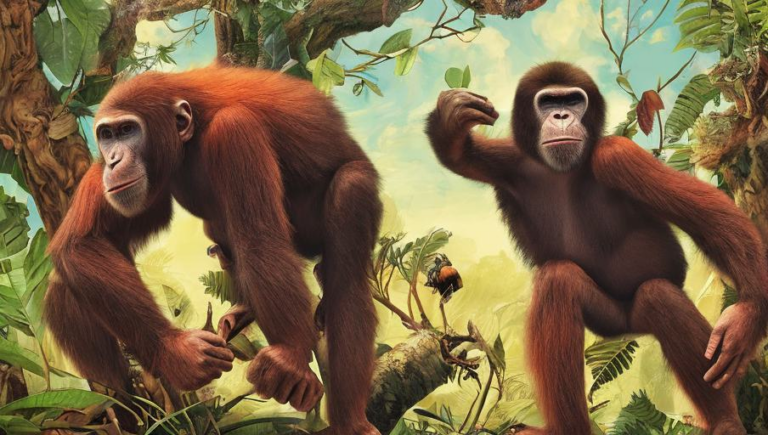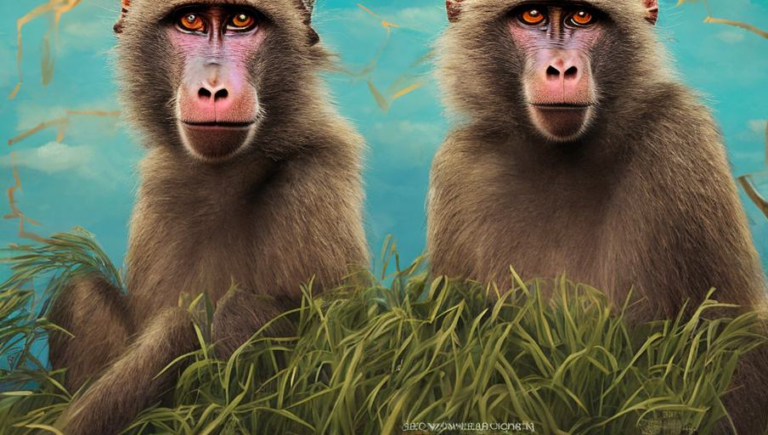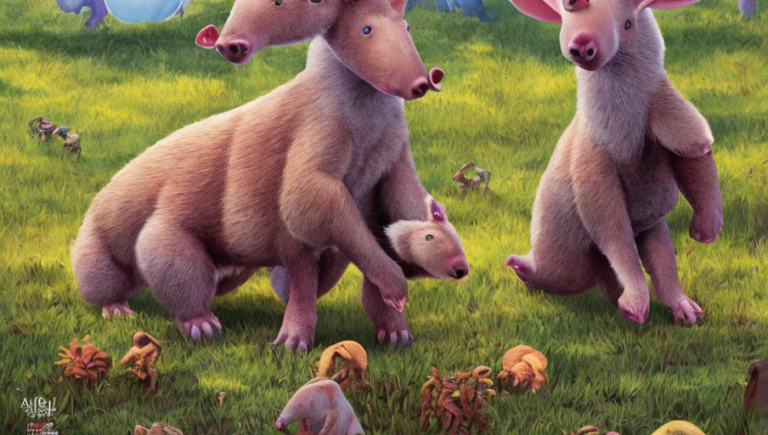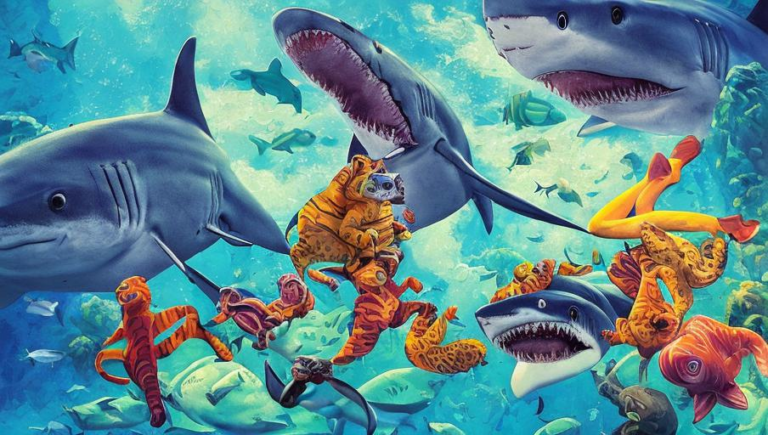Jungle Warfare: Chimpanzee Predation
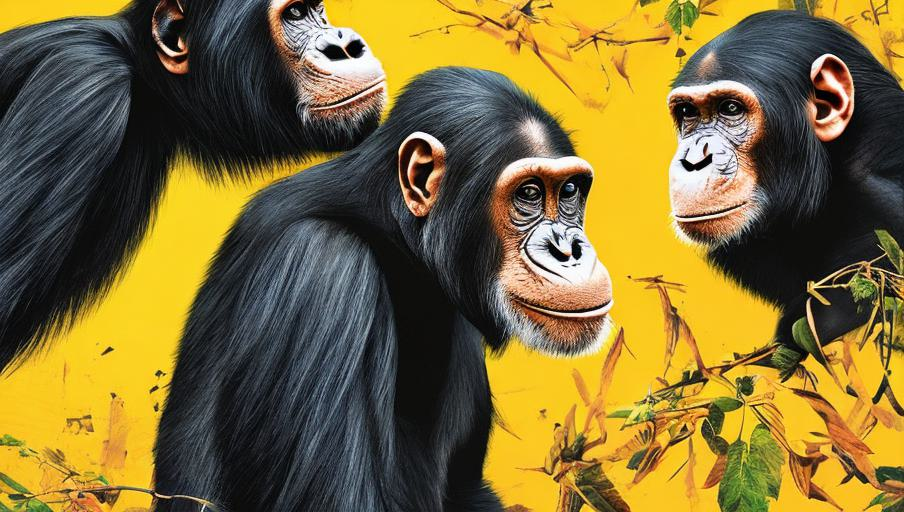
The Social Structure of Chimpanzees
Chimpanzees are a highly social species of primate that live in groups of up to 150 individuals. These groups are typically made up of related individuals and are led by a dominant male. Chimpanzees are predominantly frugivorous, meaning that the majority of their diet consists of fruits, but they will also include leaves, seeds, and bark in their diet. They are also known to hunt small animals such as monkeys, antelopes, and rodents. This hunting behavior is known as “predation” and it is a key component of chimpanzee social structure.
Chimpanzee Predation
Chimpanzee predation is an important part of the species’ social dynamics. When a group of chimpanzees go hunting, they typically split into two groups: the “predators” and the “scouts”. The predators are usually the larger, more experienced chimpanzees and they are responsible for actually capturing and killing the prey. The scouts, on the other hand, are usually younger and less experienced chimpanzees and they are responsible for finding prey and relaying information back to the predators.
When a predator group has successfully captured and killed their prey, they will typically share the meat amongst themselves. This serves to strengthen social bonds within the group and to reward the predators for their successful hunt. The predators will also use the meat as a form of currency and will use it to gain favors from other members of the group. In this way, predation serves as a form of social currency within chimpanzee groups.
The Benefits of Predation
Predation is essential for the survival of chimpanzee groups, as it provides a reliable source of protein and other nutrients. Furthermore, it is a skill that must be passed down from one generation to the next, as the experienced predators are the only ones who are able to successfully capture and kill their prey. Chimpanzee predation also serves to strengthen social bonds within the group, as it rewards successful predators with social currency and recognition.
The Dangers of Predation
While predation is a useful and necessary skill for chimpanzee groups, it also comes with certain risks. As the predators are larger and more experienced chimpanzees, they are at greater risk of injury or even death when attempting to capture and kill their prey. Furthermore, predation can be very dangerous for young, inexperienced chimpanzees. The risks of predation can be reduced, however, by teaching the young chimpanzees the necessary skills and by ensuring that the predators are sufficiently experienced.
Conclusion
Predation is an essential part of chimpanzee social structure and it is a skill that must be taught from one generation to the next. It provides the group with a reliable source of protein and other nutrients, as well as strengthening social bonds among the group members. While predation can be dangerous for both the predators and the young chimpanzees, these risks can be minimized by teaching the young chimpanzees the necessary skills and by ensuring that the predators are sufficiently experienced.
